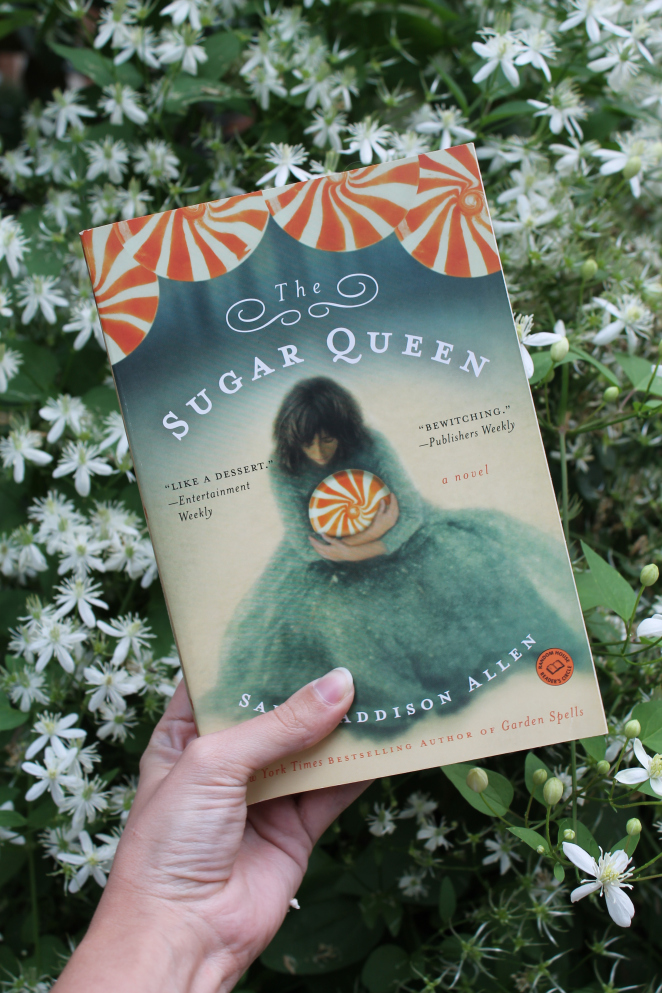I suffer from Health-Related Anxiety (HRA). This means that, when under severe stress, I misinterpret the signals my body is sending out, and the symptoms which we all experience at one time or another, and see them as signs of imminent serious illness and ambulance-requiring danger.
For most of 2017, my HRA was under control – and I had very few attacks of this debilitating mental health problem, and those I did have were very easily calmed by my own thought patterns and the help I have received in the past from therapists.
So, it is very easy for me to tell when HRA is dominating my life once more – as it has been over the past six weeks or so, having reached crisis point at the start of 2018.
To put it bluntly, my sense of fear about symptoms and my immediate need to seek help goes into the stratosphere and I can very easily spend much of my life seeking reassurance (which, of course, never truly sticks) for a variety of minor ills.
But, you see, for those of us who have HRA there is nothing minor, or transitory, about the creaks and groans, the aches and pains, the rumblings and tumblings of our own bodies. For me, the great fear behind it all is cancer; for others it might be heart-related or more specific to another serious illness.
For years, I rushed to and from the local surgery until, finally, I was given some Cognitive Behavioural Therapy (CBT) with Positive Step in Weston-super-Mare. This helped me to understand the mechanics of anxiety and what it does to the body and the vicious circle that can so easily start as a result.
Why, though, do I get this? Two reasons, I suspect: As previously intimated on here, I was brought up in an atmosphere of constant potential medical emergency – and, equally important, I have never been good at expressing my anger or hurt to people directly: Both turn inwards and become psychosomatic symptoms which, eventually, dark-flower into a full-blown attack of HRA.
Conflict is a huge trigger point for me – because it is something I deal with very badly (and often fail to deal with at all) and the consequent bottling up of rage and grief propels me down to the doctor time and time again as it squats malevolently in tummy or chest, leg or throat and, because I find it so hard to face the truth of my own emotions,very speedily convinces me that I have cancer or am having a heart attack.
I have, in recent months, failed to deal with conflict involving people I know. I have also failed to grieve properly for Jumble, for my marital breakdown and divorce. Certain people’s treatment of me has spawned enormous inner rage – which has lain, unexpressed, in my cells creating the usual pain-related havoc. Seeing my mother has triggered a whirlwind of family woe and unresolved interpersonal stuff.
I do not tell people when they have angered or upset me – because I am trained to think that I am imagining it, am the provoker or have got it wrong.
It all came to a head last Friday when, almost incoherent with panic due to what felt like a huge lump in my throat, I dashed down to see a doctor. Logically, I could see that it was no coincidence that this had started just before the trip to see my mum – and had got worse afterwards – but, with HRA, logic rarely dents the panic.
The kind doctor had a look – and told me it was something called Globus Pharyngis – or, very tellingly, Globus Nervosus. In other words, there was no organic problem, simply a nasty sensation caused by anxiety and the chemicals it floods the body with. My digestive system is extremely sensitive to stress.
I had a bit of a breakthrough during this doctor’s visit, however – and found myself telling the medical professional that I recognised that I am not really coping very well at present, had found counselling very helpful in the past, recognised that this was predominantly a mental health problem and wanted to be put on the list for counselling as soon as possible.
She warned me that this could take three months. I said that was fine. It was taking action – and acknowledging the reality of HRA – that was important. It was knowing that I had, once again, got to that point and doing something about it that mattered. It was being able to distinguish between symptom, fear and cause that could give me the start of control over this.
My anxiety is more generalised than HRA unfortunately – and can be extremely debilitating. During the divorce, it tended to present itself most days – and sometimes last all day. I would spend much of my time lying on, or in, my bed, shaking and sobbing, curled into the pain.
Days like that have been almost non-existent since moving to Glastonbury – which is lovely and so heartening – but there have been a few recently, and that’s not good.
I was talking to one of my sisters recently about something quite different (though related in a way I cannot go into on here) and she said, ‘Actually, that is not okay…’ about the way I had been treated.
This startled me and helped hugely. Although my boundaries are strengthening, they remain very weak and it is all too easy for others to convince me that I am at fault.
But, looking back over the things which have helped trigger this latest bout with HRA, I was able to say (at present, only to myself – but that’s a start!), ‘Actually, the way you individuals have behaved is NOT okay…’
Maybe one day I will be able to say this – not aggressively, just assertively – directly to the individuals concerned. I hope so because such an action would free my throat (both literally and metaphorically) from its blockage, and would, I feel, give me some much-needed control over at least one part of my anxiety.
 Health anxiety has been defined as health-related fears and beliefs, based on interpretations, or perhaps more often, misinterpretations, of bodily signs and symptoms as being indicative of serious illness (Asmundson, Taylor, Sevgur, & Cox, 2001, p. 4) Often measured with the Illness Anxiety Scale (IAS), which contains 4 factors. Health Anxiety could be present in both hypochondriasis and an illness phobia. Hypochondriasis = fear of having an illness. Illness phobia = fear of contracting an illness.
Advertisements
Share this:
Health anxiety has been defined as health-related fears and beliefs, based on interpretations, or perhaps more often, misinterpretations, of bodily signs and symptoms as being indicative of serious illness (Asmundson, Taylor, Sevgur, & Cox, 2001, p. 4) Often measured with the Illness Anxiety Scale (IAS), which contains 4 factors. Health Anxiety could be present in both hypochondriasis and an illness phobia. Hypochondriasis = fear of having an illness. Illness phobia = fear of contracting an illness.
Advertisements
Share this:




